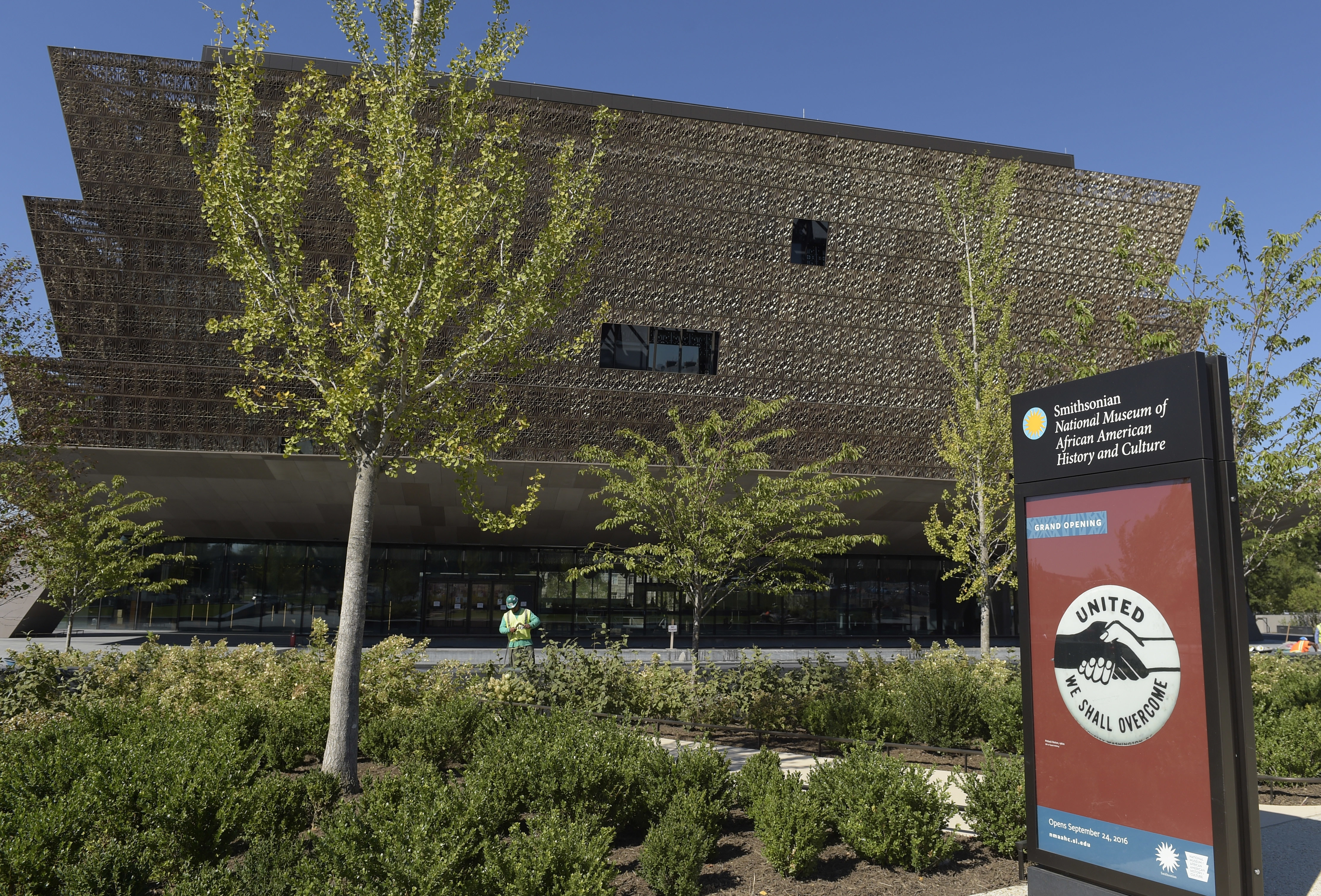
By Monique Jones
The Birmingham Times

The Smithsonian National Museum of African American History and Culture finally opened its doors to the public Saturday. The museum, which was a project originally lobbied for by Rep. John Lewis and authorized by former President George W. Bush, houses over 37,000 objects, 3000 of which are currently on display.
The main themes of the museum’s opening ceremony centered around honoring the past and using it to shape a better future. “Today, a dream too long deferred is a dream no longer,” said museum director Lonnie Bunch about the museum’s grand opening. “There is nothing more noble than honoring all of our ancestors by remembering.”
“…The African American story is indivisible from the American story,” said, David Skorton, Smithsonian Institution Secretary. Calvin Butts, pastor of the Abyssinian Baptist Church in New York City, described the museum as a monument to “people who have truly given their all to the United States of America.” Lewis echoed Butts in his speech, stating that “[a]s long as there is a United States of America, there will be a National Museum of African American History and Culture” that will leave people “…deeply inspired, filled with a greater respect for the dignity and worth of every human being.”
“Our country is better and more vibrant because of…the contributions of millions of African Americans,” said Bush, who also reflected on the museum’s importance in shaping the national discourse on race in America. “A great nation does not hide its history; it faces its flaws and corrects them,” he said. “…[T]he price of our union was America’s original sin.”
President Barack Obama provided a haunting example of the museum’s ability to tell America’s history more truthfully. Within the museum, said Obama, resides a slave block at which Gen. Andrew Jackson and Henry Clay spoke from in 1830. “Consider what this artifact tells us about history, about how it’s told, and about what can be cast aside,” he said. “On a stone where day after day, for years, men and women were torn from their spouse or their child, shackled and bound and bought and sold and bid like cattle…the only thing we considered important…were the unmemorable speeches of two powerful men. That block, I think, explains why this museum is so necessary, because that same object, re-framed, put in context, tells us so much more.”
“Too often we ignored or forgot the stories of millions upon millions of others who built this nation just as surely,” said Obama. “This national museum helps to tell a richer and fuller story of who we are…It reaffirms that all of us are American. That African American history…is central to the American story.”
“It is in this embrace of truth…in the celebration of the entire American experience,” he said, “where real patriotism lies.”




